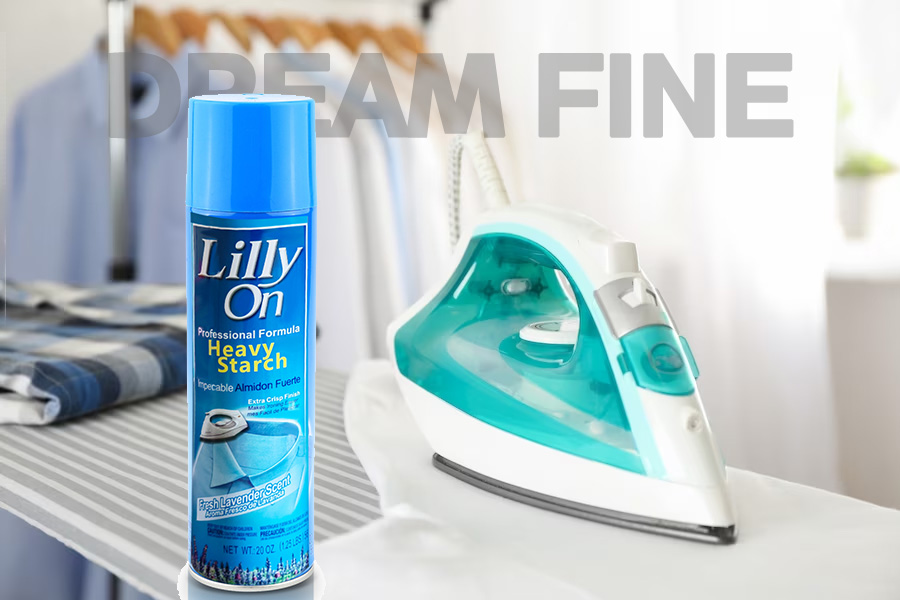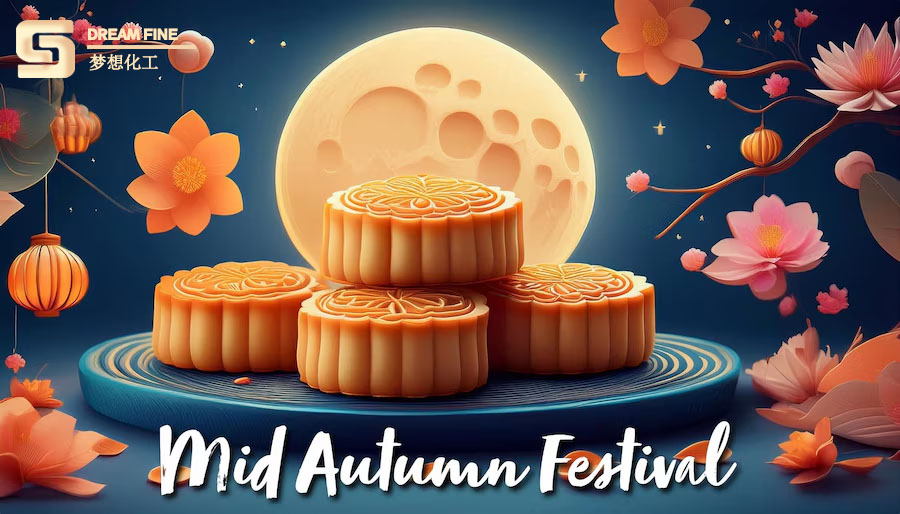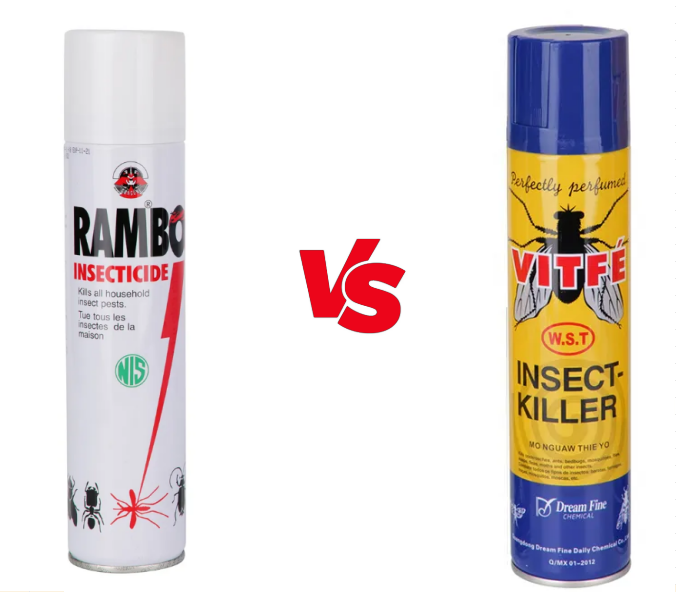If you love ironing your clothes to perfection or creating beautiful quilts with crisp seams, you might be familiar with spray starch. Spray starch is a product that adds stiffness and body to fabrics, making them easier to press and shape. However, not every spray starch is created equal. According to the type of fabric, stiffness level, and preferred aroma, we’ll teach you how to select the ideal spray starch for your fabric projects in this blog post.
- Body: Divide the body into subheadings that cover the main factors to consider when choosing a spray starch. Use bullet points, lists, tables, images, or other visual aids to make your content easy to scan and digest. For example:
Concentration of Starch
The concentration of starch determines how stiff your fabric will be after spraying.In general, the stiffer the outcome, the higher the concentration. A fabric that has too much starch may become fragile and prone to flaking. Here are some tips to choose the right concentration of starch for your fabric projects:
- Use a low to medium concentration of starch for lightweight materials like cotton, linen, or rayon. They will have a smooth and clean finish as a result, without being overly stiff or heavy.
- Use a medium to high percentage of starch for thick textiles like denim, canvas, or wool. This will help them hold their shape and prevent wrinkles or sagging.
- Use very little starch or stay away from it altogether when working with delicate textiles like silk, lace, or satin. Starching certain materials can result in shrinking, discolouration, or tearing because they are quickly destroyed by heat and moisture.
Fabric Type
The type of fabric you’re working with also affects how well spray starch works. Some fabrics are more compatible with spray starch than others. Here are some examples of fabric types and how they react to spray starch:
- Natural fabrics like cotton, linen, wool, or bamboo are ideal for spray starch. They absorb the starch well and respond well to ironing or quilting.
- Synthetic fabrics like polyester, nylon, or acrylic are not very suitable for spray starch. They tend to repel the starch and may melt or burn under high heat.
- Blended fabrics like cotton-polyester or wool-silk are somewhere in between natural and synthetic fabrics. They may require a lower heat setting and a lower concentration of starch than pure natural fabrics.
Ease of Use
Spray starch comes in different forms and packaging that affect how easy it is to use. Some common forms of spray starch are:
- Aerosol cans: Although these are practical and simple to use, they also contain combustible propellants and chemicals that could be bad for the environment or your health.
- Spray bottles are less expensive and more environmentally friendly than aerosol cans, although they may clog or leak over time.
- The most affordable and adaptable type of spray starch is available in liquid bottles, but it must first be mixed with water and transferred to a spray bottle before usage.
Scent
Spray starch usually has a scent that can be pleasant or unpleasant depending on your preference. Some common scents of spray starch are:
- Floral smells, such as lavender, rose, or jasmine, offer your fabric a revitalizing and calming aroma.
- Citrus aromas offer your cloth a fresh and energetic aroma. Examples include lemon, orange, and grapefruit.
- Unscented: These are scents that have no noticeable fragrance or have a very mild one that fades quickly.
Brand Reputation
Finally, you may want to consider the brand reputation of the spray starch you’re buying. Some companies have been around for a while and have developed a following of devoted customers as a result of their excellence and effectiveness. Some examples of reputable brands of spray starch are:
- Faultless: This is one of the oldest and most popular brands of spray starch in the US. It offers a variety of products for different fabric types and needs.
- Niagara: This is another well-known brand of spray starch in the US. It claims to have a non-stick formula that prevents flaking and build-up on your iron or fabric.
- Mary Ellen’s: This is a brand of spray starch that specializes in quilting products. It has a cornstarch-based formula that is gentle







